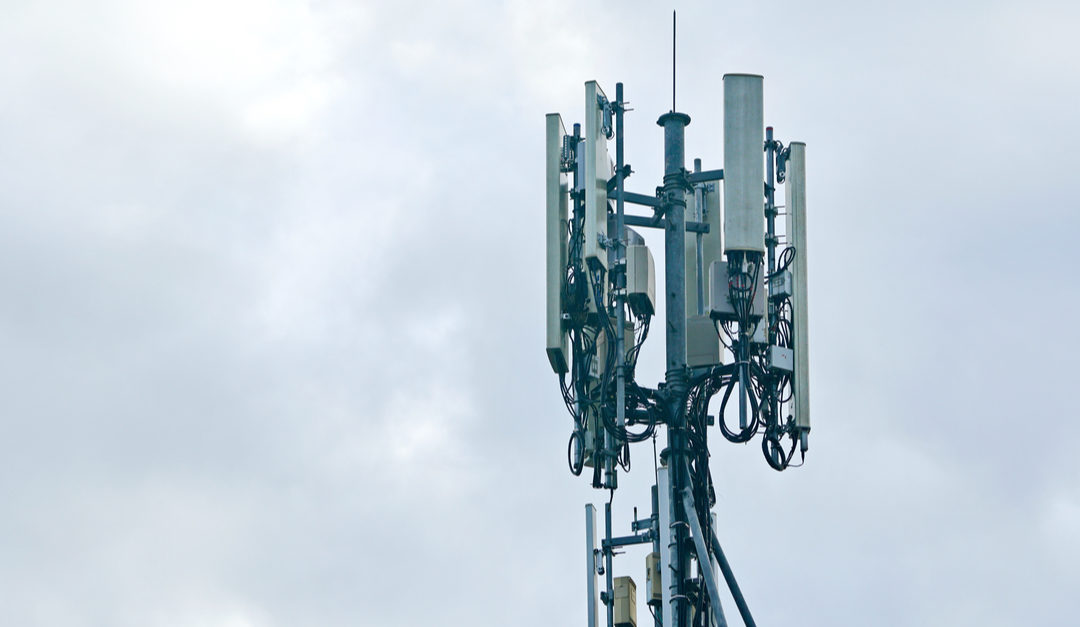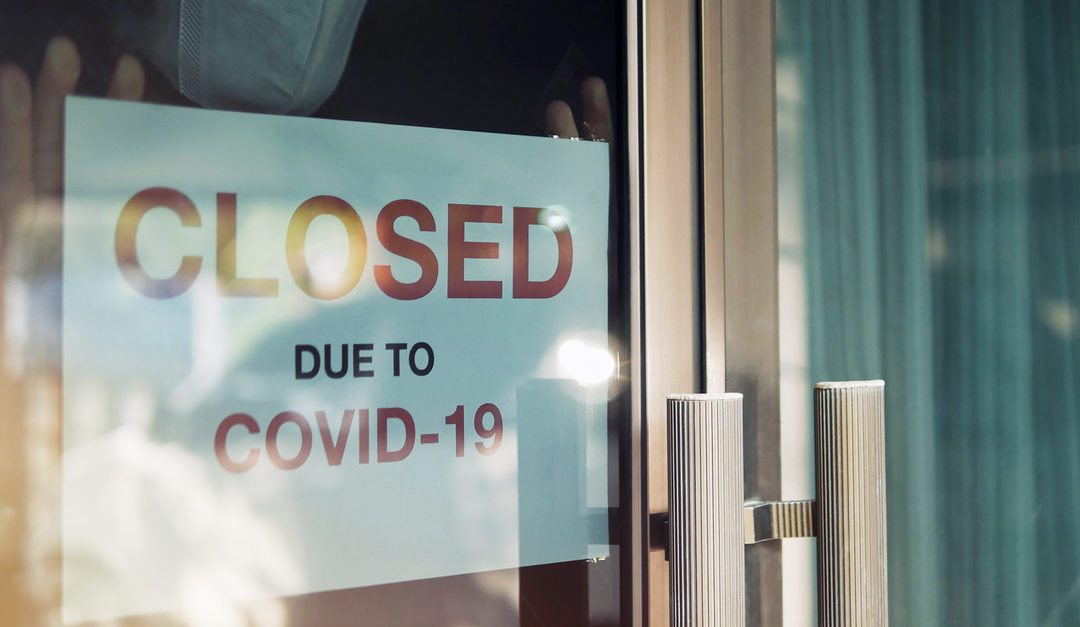China has garnered much attention given its position as a major economic competitor to the United States, and specifically as a competitor in telecommunications, technology and innovation. The national security implications for the use of Chinese technology have also caught the attention of policy-makers, for over a decade.
In 2012 the House of Representatives Intelligence Committee released the “Investigative Report on the U.S. National Security Issues Posed by Chinese Telecommunications Companies Huawei and ZTE.” The public portion of the report found that “the risks associated with Huawei’s and ZTE’s provision of equipment to U.S. critical infrastructure could undermine core U.S. national-security interests.”
Eventually, in 2021, the Federal Communications Commission (FCC) finalized a program to pay telecom providers to tear out and replace equipment from Chinese telecom companies considered a national security risk by the U.S. government. Additionally, the Biden administration has on a couple occasions added specific Chinese technology companies to its “Entity List,” restricting U.S. firms from dealing with the companies listed.
But, China’s digital aspirations are far from ended.
As part of its intention to create a China-centered digital future, the country continues its “Digital Silk Road” initiative to emplace next generation digital connectivity abroad and by doing so to extend its technological influence, pushing itself closer to becoming a technological superpower. The ambition is even greater though, wrapping global financial markets into this plan.
In the midst of this global development Congress seems willing to allow the U.S.’s current innovation edge and global connected world leadership falter. Congress allowed the FCC’s auction authority to lapse, authority it has had since 1993. A critical piece for the continued U.S. edge is 5G, the next generation of global advanced wireless telecommunications, and without more spectrum 5G will stand still. Much is on the line as Congress allows our spectrum pipeline to dwindle.
Contrast the Congressional auction authority approval balk with China, which has greatly padded its lead on the United States by opening huge swaths of its spectrum for licensed mobile use. The obvious Chinese intent is to move ahead not just in 5G, but also in creating an environment for the development of the types of cutting-edge technologies that depend on such high-performance connectivity.
The Congressionally imposed U.S. spectrum shortage will hinder technological innovation and clear the path for China to assert global leadership in the connected future, threatening the economic and national security of the United States. If the United States is not competitive in needed advanced technologies, other countries will have no alternative to the Digital Silk Road. Thereby Beijing will gain the upper hand when it comes to setting standards for 5G networking, the internet, and perhaps even digital governance and ethics.
The economic effect on the country of surrendering its long-held technological leadership can hardly be overstated. The national security risks interrelate with the economic risks. As CSIS writes in its recent report, “This is a potential long-term national security catastrophe.”
Without leadership, and hard work, our economy and the provision of good middle-class careers would be at risk, not to mention our ability to project economic and military power around the world.
Congress has the choice before it when they return from their August recess. They must choose either to stand by and allow The Digital Silk Road to continue its rapid build out without a competitor, or to make it a priority to renew the FCC’s auction authority, giving the U.S. Information Superhighway its best chance of continuing to lead on the world stage. As the Chinese proverb goes, “If you work hard enough at it, you can grind even an iron rod down to a needle.” That is, anything is possible if you are willing to put in the work.

Regulatory Leadership, Investment, and the Marketplace: Helping America Succeed in a Pandemic
Regulatory or legislative moves by federal, state, or local governments that presume to know the direction of invention and innovation often lead to any number of unintended consequences. This is regulatory hubris typically resulting in great disruptions to innovation...

Washington’s ‘Knowledge Problem’ About Innovation, Technology and Google
Frequent antitrust interventions into the economy have thankfully been out of fashion in recent years. However, about once a decade Washington uses government’s biggest hammer against industry, antitrust law, in an effort to smash a disfavored company. This is one of...

Is DoD Control of Our 5G Future the US Path to Innovation?
Earlier this week the Department of Defense concluded the time it allowed for people to submit information regarding the Department’s plan to own and operate a national 5G network. The DoD was seeking guidance on how it could support and develop 5G deployment for...

The Last Mile of the Last Mile
Internet access and broadband coverage across the country is one of the many great American success stories of the innovation economy. For the last decade broadband service providers have made major investments, typically ranking as the largest capital-expenditure...

Bartlett Cleland – Everything You Need to Know About California’s New Privacy Law
PRI Senior Fellow in Tech and Innovation Bartlett Cleland joins us to discuss the California Consumer Privacy Act, which took effect on July 1. He discusses the serious flaws with the new law and how it will impact consumers and business owners, looks ahead to...

CCPA critics warn innovation could lose under the law. What’s at stake?
Companies built empires on user data — information volunteered in exchange for services. But with heightened privacy scrutiny, could those companies survive today? The California Consumer Privacy Act is challenging how companies use data and testing their viability....

Prop 24: A Choice Between Expensive Ineffectiveness or a Prosperous Future
On November 3, Californians will be asked to make a what appears to be a simple decision, that is, would they like to increase their privacy? However, where Proposition 24, to enable the California Privacy Rights and Enforcement Act is concerned, appearances are...
Big Government Won’t Improve Broadband in Rural California
Pick nearly any state in the union and likely it has a large swath of rural area and population. Even California, which is rarely thought of as a “rural state,” is still physically more than half rural, with about four million residents living in those areas. Many...

Instead of Fining Businesses Government Should Get Its Own House in Order
Last month the state of California began enforcing its expensive and heavy-handed new business privacy laws despite the economic burdens already borne by business because of COVID-19 and the government’s shut down of the economy. At $55 billion in compliance costs...

California Doubles Down on Unworkable Data Privacy Law During Second COVID Shutdown
Businesses were ordered to close. Schools were shuttered. People were told to stay home. Many believed that in a week or two life for the most part would return to normal and that COVID would be a bad memory. Now, four months later, California has not just halted...


Recent Comments